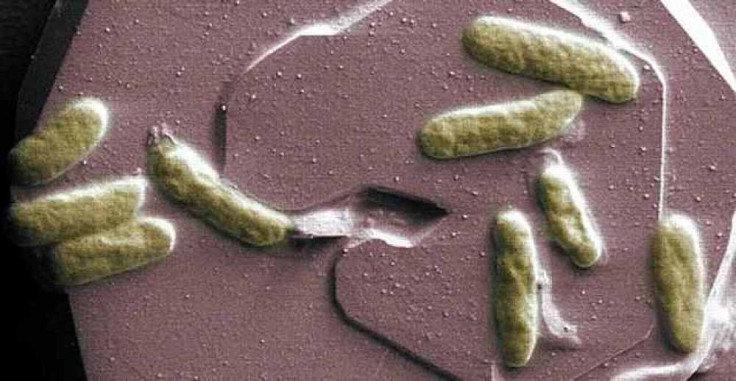Bio Batteries Made From Poo Could Power Smartphones and Tablets of the Future

Scientists at the University of East Anglia (UEA) are a step closer to harnessing electricity from human and animal waste for bio batteries that could power portable technology products like smartphones, tablets and laptops.
The bacteria in poo is able to survive without oxygen by breathing in minerals made from iron, and during this process, an electrical charge is released.
The researchers studied a species of bacteria known as Shewanella, which breathes in iron minerals found on rocks in the natural environment and then releases a flow of electricity across the bacterial outer membrane to the rocks.
Their study, entitled "Multi-haem cytochromes in Shewanella oneidensis MR-1: structures, functions and opportunities", is published in the Journal of the Royal Society Interface.
The bacteria in poo generates electricity
If the bacteria is able to release an electrical charge this way, the rocks could be replaced by graphite electrodes in fuel cells.
"We wanted to know more about how the bacterial cells transfer electrical charge, and particularly how they move electrons from the inside to the outside of a cell over distances of up to tens of nanometres," said Professor Julea Butt of UEA's School of Chemistry and School of Biological Sciences, who led the study.
"Proteins conduct electricity by positioning metal centres – known as haems – to act in a similar way to stepping stones by allowing electrons to hop through an otherwise electrically insulating structure. This research shows that these centres should be considered as discs that the electrons hop across.
"The relative orientation of neighbouring centres, in addition to their proximity, affects the rates that electrons move through the proteins."
Reaction could power bio batteries
So far, technologists have succeeded in converting poo into biogas in Kenya's slums by taking human waste and harvesting the methane gas, which can be used for cooking or to power hot showers in newly-built bio-centres.
Creating bio batteries would be another step forward in the global movement towards clean, renewable energy.
"This is an exciting advance in our understanding of how some bacterial species move electrons from the inside to the outside of a cell and helps us understand their behaviour as robust electron transfer modules, said Butt.
"We hope that understanding how this natural process works will inspire the design of bespoke proteins which will underpin microbial fuel cells for sustainable energy production."
© Copyright IBTimes 2025. All rights reserved.






















